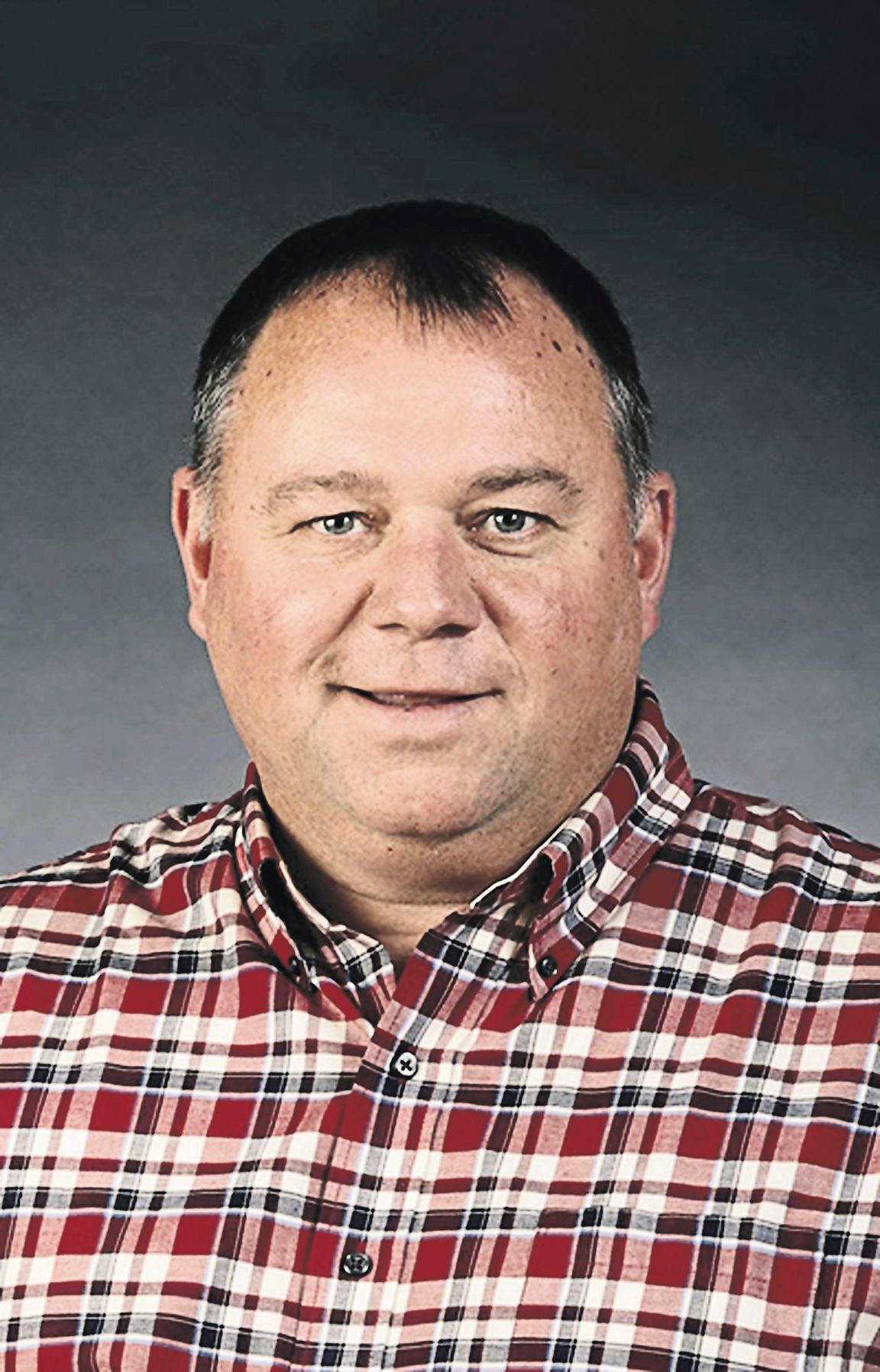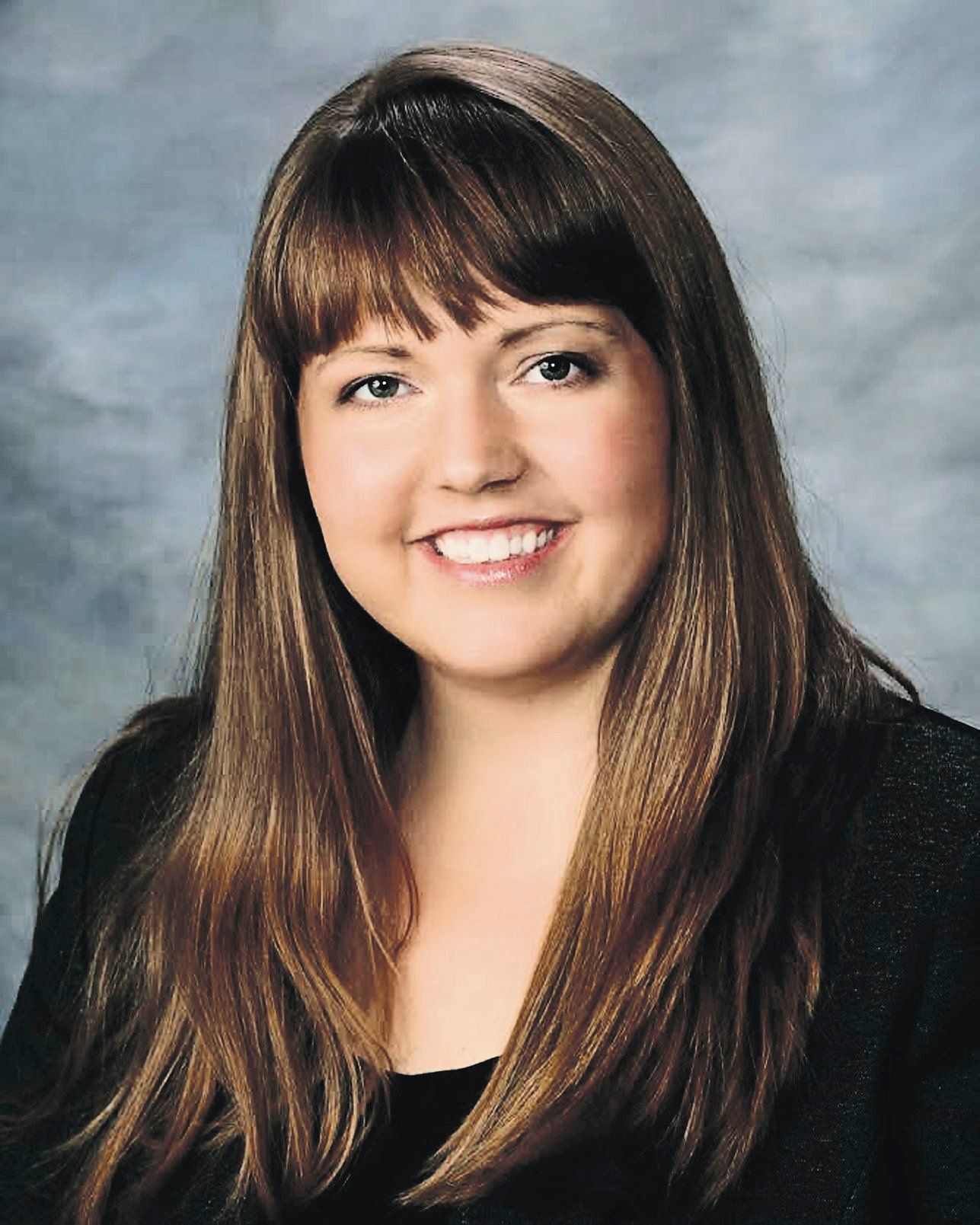In this multi-day series, the Telegraph Herald is examining COVID-19’s local impact two years after its presence was confirmed in the tri-state area. These stories will chronicle the pandemic’s reach into numerous aspects of life, while also examining the lessons learned since March 2020 as well as the virus’s current impact and long-term effects.
In the housing and building industry, high numbers of homebuyers and building projects reflect people’s changing relationships with their homes.
In many cases, those relationships have been altered over the past two years during the COVID-19 pandemic.
Local officials in the industry say the pandemic and its economic impacts inspired a desire for new and bigger living spaces.
“It definitely changed people’s priorities with their homes,” Realtor Kelly Kohlhaas said. “There might have been people reevaluating how they spent their time in their home.”
City of Dubuque Assistant Housing Director Mike Belmont said that in 2020, building permits took a dip. But in 2021, the numbers came back up significantly, exceeding 2019 totals.
Mark Gudenkauf Construction in Dubuque has a full schedule of projects to be completed, and everyone else seems to be booked, too, Gudenkauf said. He works primarily on remodels, additions and new construction of single-family homes.
Gudenkauf said anyone planning for a home renovation or building project will have to be prepared for a wait.
“You have to plan far, far in advance for your project to get on people’s schedule,” he said. “People looking to do a project right now might find out it’s going to take eight months to a year to get on someone’s schedule.”
Ryan Davis, owner of Davis Construction in Dubuque, confirmed that he has seen more business over the past two years. The main focus of the company is remodels, additions and garages.
“We’ve always been really busy, but we actually have seen an increase since the pandemic started,” Davis said.
He has theories about what is causing the interest in home improvement projects. People who didn’t go on vacation during the pandemic might have extra funds to put into their home, and after spending more time in their houses, they likely identified a few things they would like to change.
“There’s an influx of kitchen renovations, master bathroom renovations, decks, windows,” Davis said.
Gudenkauf pointed to more people working from home, as well as low interest rates.
“All of the money in the economy is driving it,” he said.
The competitive housing market also might have encouraged some people to focus on their current homes instead of moving, Davis said.
For those hoping to make a change, it isn’t the easiest time to find a new home. Kohlhaas is the president of East Central Iowa Association of Realtors. She has clients in both Iowa and Illinois.
Kohlhaas said though home sales and inventory figures have been increasing, there’s a large surplus of buyers.
“The number of buyers greatly outnumbers the number of listings,” Kohlhaas said.
According to Zillow housing research based on U.S. Census data, nearly 2 million renters across the country who couldn’t afford to buy homes in metro areas no longer had to commute to work and could afford to buy houses elsewhere after the pandemic.
Some of Kohlhaas’s clients have moved to Galena, Ill., from Chicago. She said they were interested in changing communities now that they are more comfortable working from home and that their companies have shifted to allow remote work beyond the pandemic.
“I am still seeing individuals relocating who are more confident in their company’s work-from-home structure,” Kohlhaas said.
In Dubuque, clients have told her they are looking for more space or a bigger home office.
“Having office space was really the primary need that I saw with my clients,” Kohlhaas said. “But it wasn’t only offices. They wanted more outdoor space, larger yards.”
At the beginning of the pandemic, people often had no choice but to work or study from home. That need has died down some but not entirely, Kohlhaas said.
“I’m still seeing people prioritize that office space or bonus flexible space,” she said. “People still have that in the back of their mind that they might need that.”



